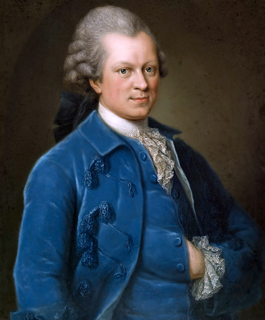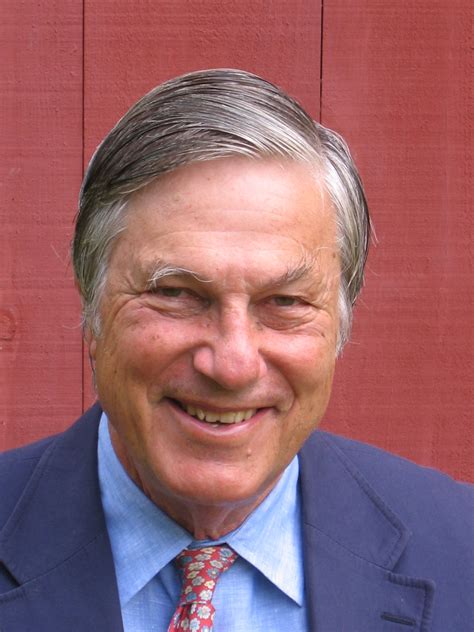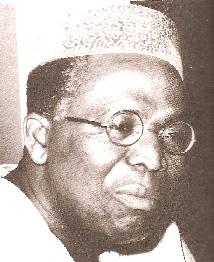A Quote by Gotthold Ephraim Lessing
Pleasures, riches, honor and joy are sure to have care, disgrace, adversity and affliction in their train. There is no pleasure without pain, no joy without sorrow. O the folly of expecting lasting felicity in a vale of tears, or a paradise in a ruined world.
Related Quotes
The difference between shallow happiness and a deep, sustaining joy is sorrow. Happiness lives where sorrow is not. When sorrow arrives, happiness dies. It can't stand pain. Joy, on the other hand, rises from sorrow and therefore can withstand all grief. Joy, by the grace of God, is the transfiguration of suffering into endurance, and of endurance into character, and of character into hope--and the hope that has become our joy does not (as happiness must for those who depend up on it) disappoint us.
Our greatest hope is for the experience of joy, and often we are not as smart as we think we are when it comes to predicting what would bring us that joy. . . Hope that is attached to a particular outcome is looking for pleasure but fishing for pain, because attachment itself is a source of pain. It is best to hope for an experience of life in all its fullness-a life that can embrace both joy and sorrow, and will still be at peace.
Behind joy and laughter there may be a temperament, coarse, hard and callous. But behind sorrow there is always sorrow. Pain, unlike pleasure, wears no mask. ... For this reason there is no truth comparable to sorrow. There are times when sorrow seems to me to be the only truth. Other things may be illusions of the eye or the appetite, made to blind the one and cloy the other, but out of sorrow have the worlds been built, and at the birth of a child or a star there is pain.
Compassion has nothing to do with achievement at all. It is spacious and very generous. When a person develops real compassion, he is uncertain whether he is being generous to others or to himself because compassion is enviromental generosity, without direction, without " for me" and without " for them". It is filled with joy, spontaneously existing joy, constant joy in the sense of trust, in the sense that joy contains tremendous wealth, richness.



































